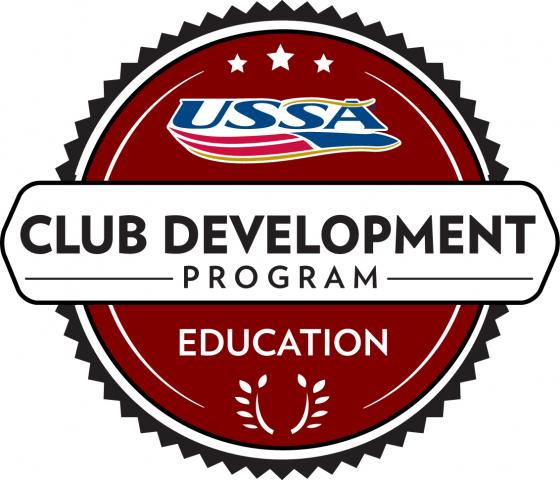Governance: Board Committees
A committee is a standing group of board members (and potentially volunteers) who perform on-going board functions and work under a well-defined scope. Reports from committees become the main content of full board meetings. Committees help define the regular working structure of the board. With a good committee structure in place, committees perform a majority of the work between full board meetings, and there is a higher level of accountability for tasks being completed in certain areas. The role of committees is to facilitate the board’s work. The board delegates specific roles to standing committees. The board does not, however, delegate its stamp of approval with these assignments; it retains its own authority to accept, modify, or reject a committee’s recommendations. Naturally, committees can make their own internal decisions concerning their processes and structures as separate work groups, but the results of their work will be judged by the full board. Executive committeeMost boards do not need an executive committee. If a board does form one, however, the committee’s traditional charter is to act on behalf of the board when the full board cannot or does not need to meet, or to take on special assignments. These situations might include handling urgent matters, approval of standard and repetitive documents and administering the chief executive performance evaluation. The executive committee may be called upon to review and determine consequences for code of conduct violations and other grievances within the organization. The bylaws should define the limits to the executive committee’s authority level. The most common challenge in regards to executive committees is their tendency to replace the full board when the situation does not warrant it. In order to stay on top of all activities, the full board needs to confirm all executive committee decisions during the next board meeting. Committee Chairs Committee Chairs are expected to hold regular monthly meetings, provide monthly progress reports at the general Board meeting, and use the committee structure as an active way to accomplish necessary tasks or strategies for the benefit of the Foundation. Governance Committee The Governance Committee will work on defining, compiling and implementing the best principles and practices specific to the club’s Board of Directors. This committee also looks for professional development and educational opportunities for the Board of Directors and leadership of the organization. This committee’s focus includes but is not limited to:
Development Committee The Development Committee is responsible for organizing and planning for the development of financial resources, which support the organization’s mission and objectives.
Finance Committee The Finance Committee will work to help manage the club’s finances and assets in a responsible and accountable way by defining and compiling:
PR and Marketing Committee The PR and Marketing Committee will coordinate and approve all out-going messaging, advertising, and public relations ensuring a consistent, professional, systematic and mission-based approach to all aspects of marketing and PR efforts.
Programs and Facilities Committee (may be two different committees) - program committee is often called "athlete oversight" committee The Programs and Facilities Committee helps to ensure that the programs are meeting the standards of the mission, vision and values of the organization. This committee also acts as the board liaison with the resort to ensure that adequate hillspace and facilities are available to meet the mission of the organization. Depending on the size and complextiy of the club and its venues this may need to be a committee in and of itself. This committee may also help inventory, plan for and maintain program or organizational equipment. Parents, Volunteers and Events Committee The Parents, Volunteers and Events Committee organizes the human resources outside of the board and staff, and helps plan and implement community events (both fundraising and competitions). This committee works to ensure that the parents and community are engaged with the organization and that there are enough human resources to fulfill the mission of the organization. Ad Hoc Committees or Task Forces The role of Ad Hoc committees and task forces is to facilitate unique board work or new projects that arise. The board delegates special administrative tasks, research projects or specific assignments to work groups that have been formed for needed purposes. These groups operate just like a committee as described above, but typically the scope and scale of work is even more narrowly defined and the task(s) are associated with a completion date (as opposed to on-going regular board work). Expert opinionsUnder rare occasions should the board delegate decision-making power to an outside expert. Possibilities include: hiring an independent auditor to determine whether the organization’s financial statements reflect reality and whether the organization’s financial health is in good hands, allowing an investment manager to manipulate the portfolio according to the investment policy guidelines and relying on the opinion of a compensation consultant in determining the appropriate salary level for the chief executive. Other similar forms of legal counsel may transfer the liability from the board to the expert if the board has fulfilled its fiduciary duty and due diligence when choosing the counsel and assessing his performance. |


